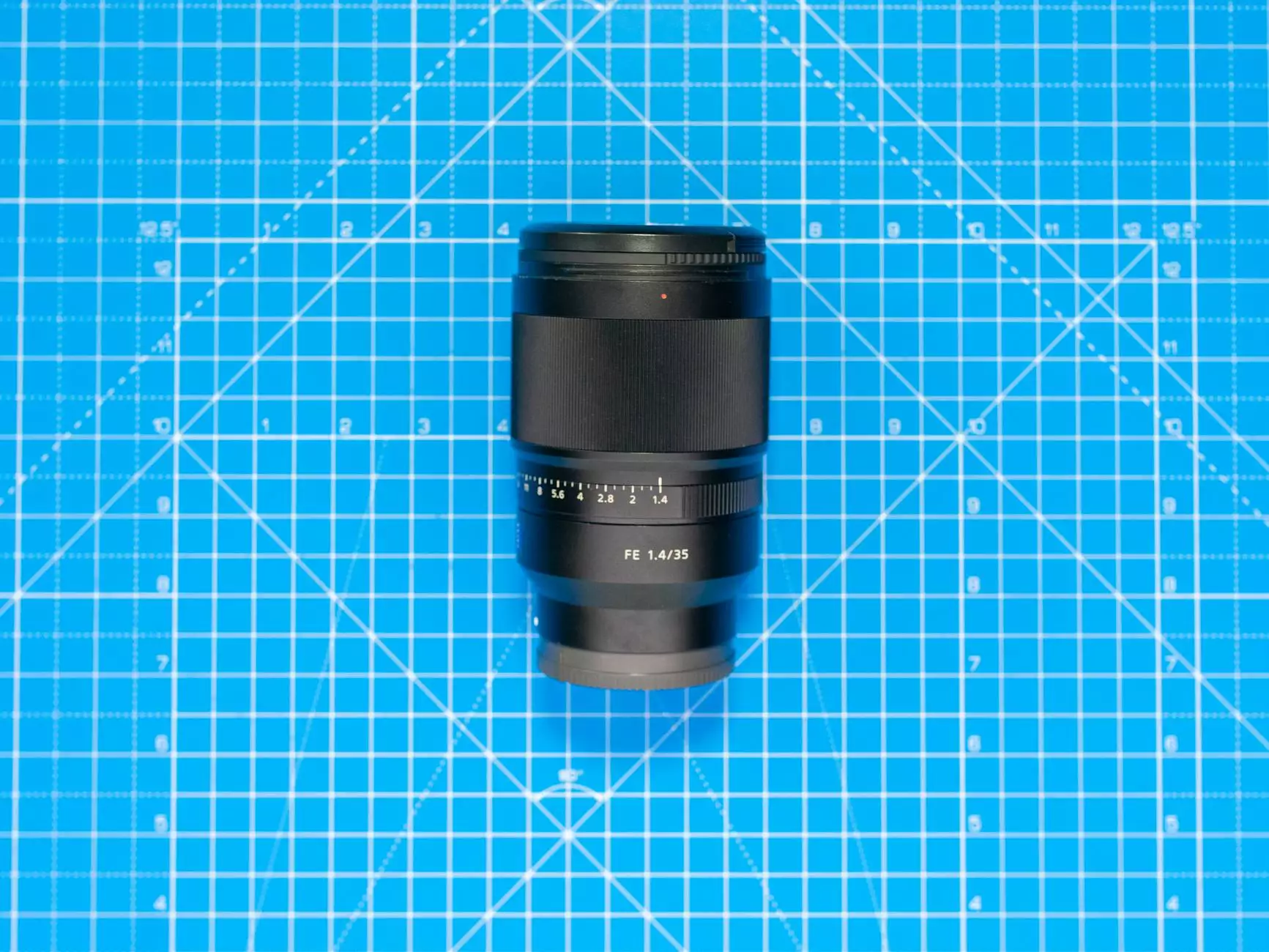Understanding Semaglutide: Is It the Same as Ozempic?

In today's health-driven market, many individuals are seeking effective solutions for managing their weight and improving their overall health. Among the most talked-about medications are semaglutide and Ozempic. This article will provide an in-depth analysis of these two treatments, exploring their similarities, differences, benefits, and how they relate to the world of health and wellness.
What is Semaglutide?
Semaglutide is a novel medication that belongs to a class of drugs known as GLP-1 receptor agonists. Initially developed to treat Type 2 diabetes, semaglutide has garnered significant attention for its weight loss properties. This drug works by mimicking the hormone glucagon-like peptide-1, which is instrumental in regulating blood sugar levels and appetite.
What is Ozempic?
Ozempic is essentially the brand name for semaglutide. This medication is prescribed to help improve glycemic control in adults with Type 2 diabetes and is often recommended alongside diet and exercise. Ozempic has been celebrated for its effectiveness in not only controlling blood sugar levels but also aiding in significant weight loss for those who need it.
Are Semaglutide and Ozempic the Same Thing?
To directly answer the question: yes, semaglutide is the same as Ozempic. The term semaglutide refers to the active ingredient, while Ozempic is the branded formulation of this drug. When patients are prescribed Ozempic, they are receiving semaglutide in a specific dosage and delivery method, typically administered once a week via injection.
The Mechanism of Action
Both semaglutide and Ozempic function through similar mechanisms. They work by:
- Increasing glucose-dependent insulin secretion: This helps lower blood glucose levels when they are elevated.
- Suppressing glucagon secretion: Glucagon is a hormone that can increase blood sugar levels, so suppressing it is beneficial.
- Slowing gastric emptying: This results in reduced food intake and increased satiety (feeling of fullness).
The inhibition of appetite through these mechanisms is particularly beneficial for individuals looking to manage their weight.
Benefits of Semaglutide/Ozempic
Using semaglutide or Ozempic comes with a variety of advantages, especially for individuals managing Type 2 diabetes or striving to lose weight. Key benefits include:
- Efficient Weight Loss: Studies have shown that patients using semaglutide can achieve a significant reduction in body weight, often exceeding 15% from their initial weight.
- Improved Glycemic Control: Both medications assist in stabilizing blood sugar levels, leading to reduced HbA1c levels, a common marker for diabetes management.
- Cardiovascular Benefits: Research indicates that semaglutide can lower the risk of major cardiovascular events, making it beneficial for individuals with existing cardiovascular conditions or at risk.
- Convenient Dosing: Ozempic is typically administered once a week, making it easier for patients to adhere to treatment plans compared to daily medications.
Potential Side Effects of Semaglutide and Ozempic
As with any medication, semaglutide and Ozempic come with potential side effects. It's important for patients to be aware of these as they consider their treatment options:
- Nausea: This is the most commonly reported side effect, especially when starting treatment.
- Vomiting: Some patients may experience vomiting, particularly with dose increases.
- Diarrhea or Constipation: Gastrointestinal issues can arise as the body adjusts to the medication.
- Possible Risk of Thyroid Tumors: In studies with rodents, semaglutide showed a potential link to thyroid tumors, although this risk has not been confirmed in humans.
Patients should always consult with their healthcare provider to discuss potential side effects and how to manage them effectively.
Using Semaglutide for Weight Loss
While semaglutide is not solely a weight loss medication, it has shown remarkable efficacy in weight management. The FDA has approved a higher dose of semaglutide under the brand name Wegovy, specifically for weight loss in adults with obesity.
Criteria for Prescription
To qualify for semaglutide or Wegovy, individuals typically need to meet certain criteria:
- A body mass index (BMI) of 30 or higher: Considered clinically obese.
- A BMI of 27 or higher with weight-related medical conditions: Such as high blood pressure, Type 2 diabetes, or dyslipidemia.
Combining Semaglutide with Lifestyle Changes
For optimal results, semaglutide should be used in conjunction with lifestyle modifications, including:
- A balanced diet: Focusing on nutrient-dense foods, reducing caloric intake, and avoiding processed foods.
- Regular physical activity: Incorporating aerobic and strength training exercises to enhance weight loss and health.
Where to Get Semaglutide and Ozempic?
Patients can obtain semaglutide and Ozempic through various channels, including:
- Prescriptions from healthcare providers: Necessary for obtaining both Ozempic and Wegovy.
- Retail pharmacies: Most pharmacies stock Ozempic, but availability may vary.
- Online pharmacies: Some licensed online pharmacies offer convenient delivery services for medications.
Conclusion
In conclusion, understanding that semaglutide is the same as Ozempic is essential for individuals looking to explore effective treatment options for Type 2 diabetes and weight loss. With its powerful ability to manage blood sugar levels and promote weight reduction, semaglutide has become a vital player in the realm of health and wellness.
As a society, we continue to evolve in our approaches to health. Innovations in pharmaceuticals like semaglutide are paving the way for more tailored treatments that can lead to improved quality of life and healthier futures. Always consult with a healthcare professional to determine the most appropriate treatment plan tailored to your needs.
For those interested in learning more about health solutions like semaglutide and Ozempic, skinnyquick.co is your go-to destination for reliable information and resources.
semaglutide the same as ozempic


